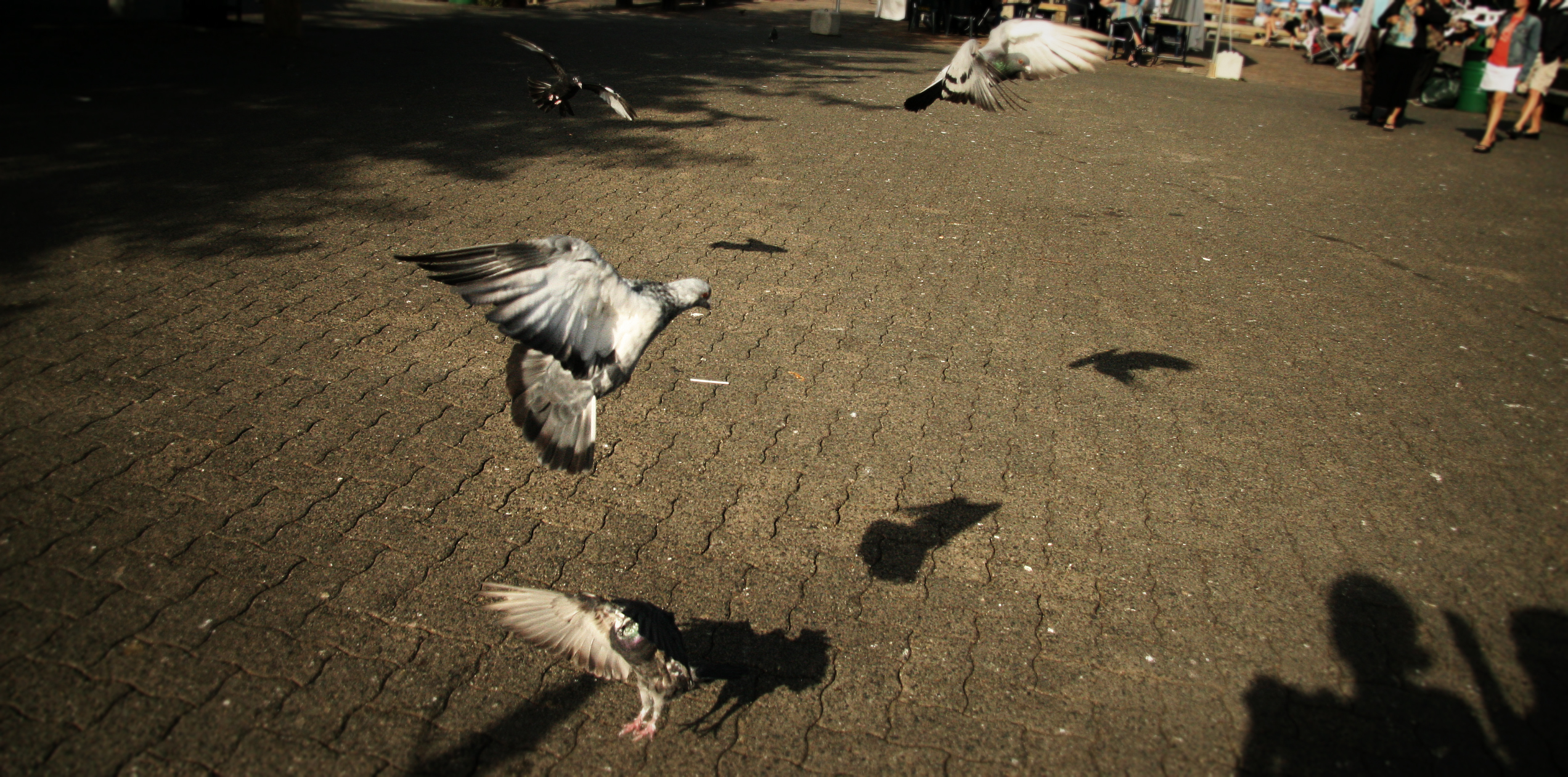This post is also available in Dutch .
We are able to rapidly learn an association between events that happen sequentially, sometimes even by coincidence. How are we able to make associations between consecutive events so quickly? What happened to our rational self? Is it superstition?
Lucky shorts, I had a pair. I wore them during every single football (soccer) match because they gave me luck. At the beginning of this season, in September, we lost several matches. About a couple of months ago my shorts went missing. Oddly enough since losing my shorts we started to win every match. Are my pants actually unlucky?
Being superstitious, as a pigeon would
You’re probably thinking, “of course the shorts don’t have the ability to cause a win or loss” but I would bet that you have experienced superstition at least once. Superstition can be explained with a simple psychological experiment. First, check out the video clip below on pigeon superstition.
As you can see in the video, the pigeon quickly associates the pressing of the lever with the availability of food. We call this process operant conditioning whereby one learns to perform a certain action (pressing of the lever) based on the positive (or negative) outcome (in this case, food).
In the next part of the video, we see that a timer is set to release the food automatically, independent of the pigeon’s action, and the pigeon tries to find out what actions led to the food release. Since the pigeon was flapping it wings when the food was released, it assumes that flapping caused the release, and continues to do so because it has made the link between its own actions and the availability of food. The pigeon has created a cause and effect relationship between two events that doesn’t exist, but happened purely by coincidence.
Forming an opinion, a fast or slow process?
Often, we act exactly like the pigeon. We look for a fast and easy explanation to link two events to provide a specific explanation of the situation. Like the pigeon in the video, I am still trying to find a relation between my shorts and the outcome of our football games. When it comes to forming opinions, us humans can be simple creatures. The American psychologist Daniel Kahneman proposed in his book Thinking fast and slow that humans have two ways of thinking, one is instinctive and fast and the other more deliberative and logical.
In the event of operant conditioning, we make use of our instinctive and fast system. So, it seems even though we are capable of making slow and well justified decisions, sometimes we prefer an automatic and non-rational approach. Perhaps it is because we are afraid of the truth. Maybe I didn’t want to admit that we just played bad. Regardless, I am secretly very happy that I haven’t found my shorts.
This blog written by Romy together with her father Johannes
Edited by Nietzsche
